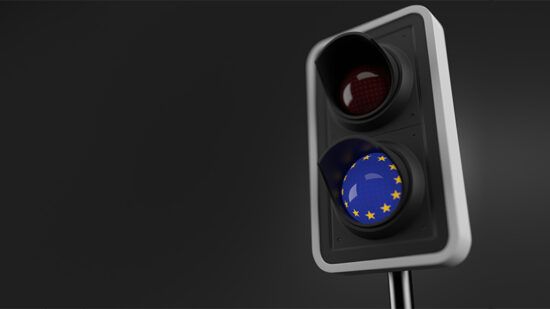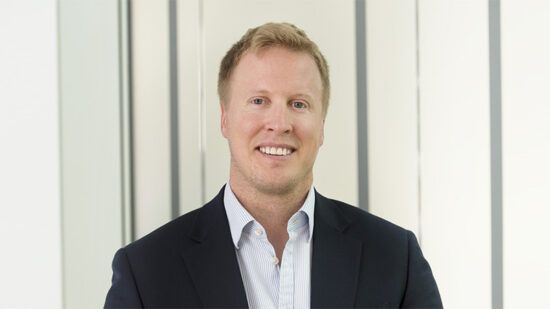Bond products across the European market drew in €24.5bn in the month of May while equity funds grew by €18.3bn, according to data from LSEG Lipper.
While bonds and equities excelled, mixed assets, money market funds and alternatives all dipped into the red for the month, with €7bn, €7.3bn and €1.2bn in outflows, respectively. Real estate experienced a downtick of €300m while commodities inched upwards €300m.
Detlef Glow, head of Lipper EMEA Research said the results do not seem out of the ordinary given the “uncertain” market environment, but may signal investors are in a “risk-on mode”.
See also: Will a rate cut reignite Europe’s markets?
“With regard to the inverted yield curves for the Eurozone and other major economies in the world, it is somewhat surprising that European investors favoured bond products over the course of the year,” Glow said.
“That said, the inflows into bonds might be seen as a sign that European investors may anticipate the ending of the interest hiking cycle of central banks around the globe led by the ECB rather sooner than later. That said, the U.S. Federal Reserve seemed to postpone its first interest rate cut further.”
Global equities to the fore
In 2024 so far, global markets have led sales, with equity global raking in over €35bn in the first five months of the year while bond global USD brought in over €25bn. Target maturity bond EUR 2020+, money market EUR and equity US filled out the top five for sales.
“Given the current market environment, it was not surprising to see so many mixed-assets classifications on the opposite side of the table since European investors seem to be readjusting their portfolios to the new environment in the bond markets after the central banks around the globe started to end their interest rate hiking cycles and reduce their currently high interest rates over the course of 2024,” Glow said.
BlackRock maintained its domination of fund inflows, with over €25bn in May and over €40bn for 2024. Goldman Sachs welcomed €4.1bn in flows, while HSBC brought in €3.4bn.







